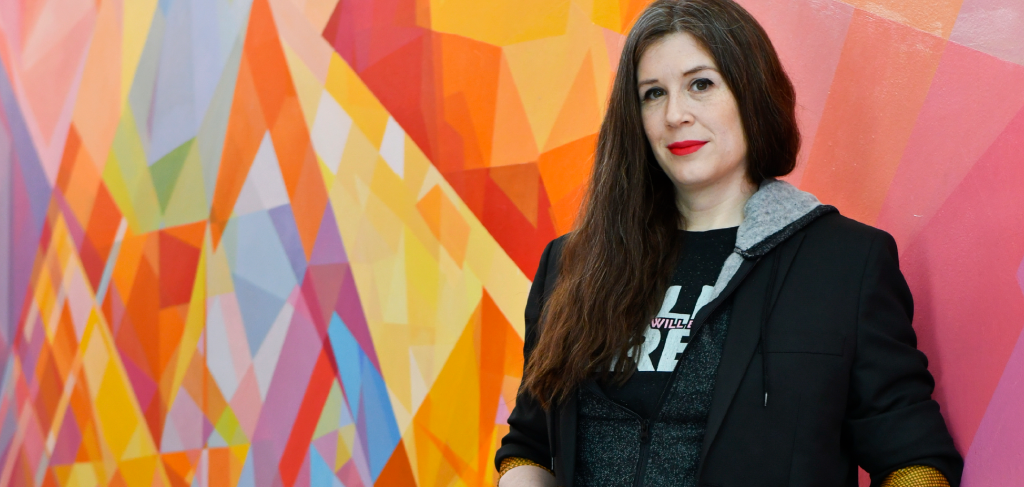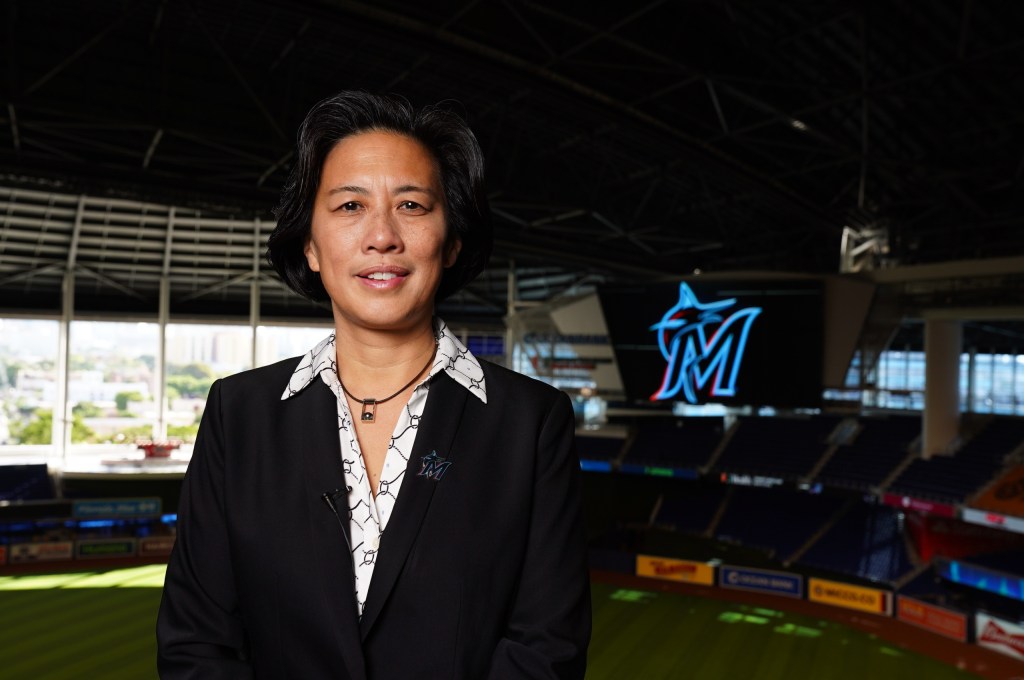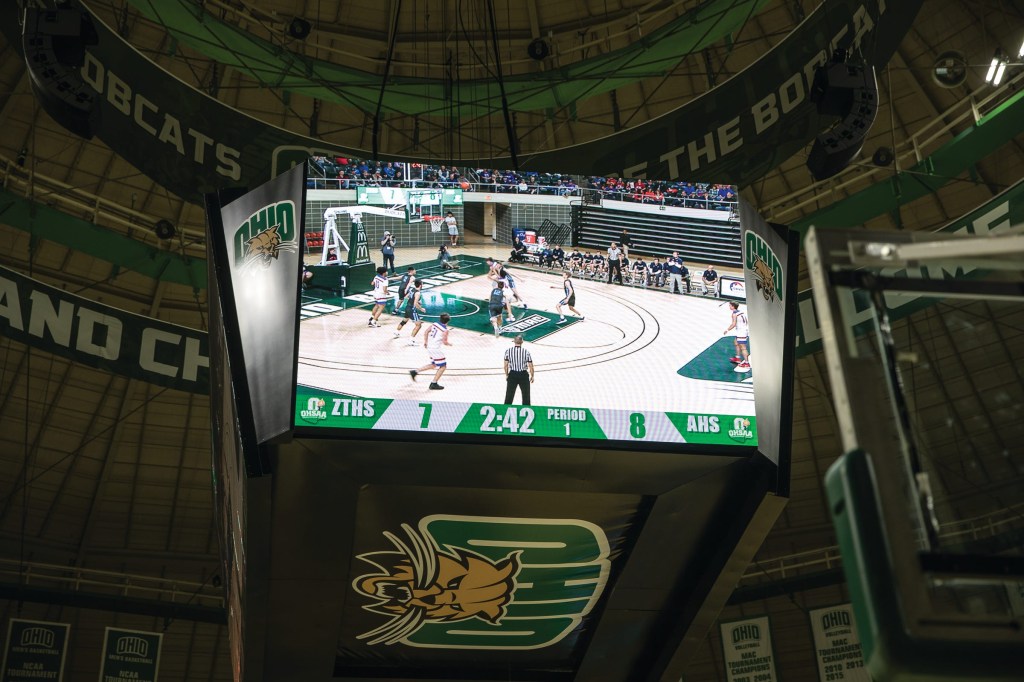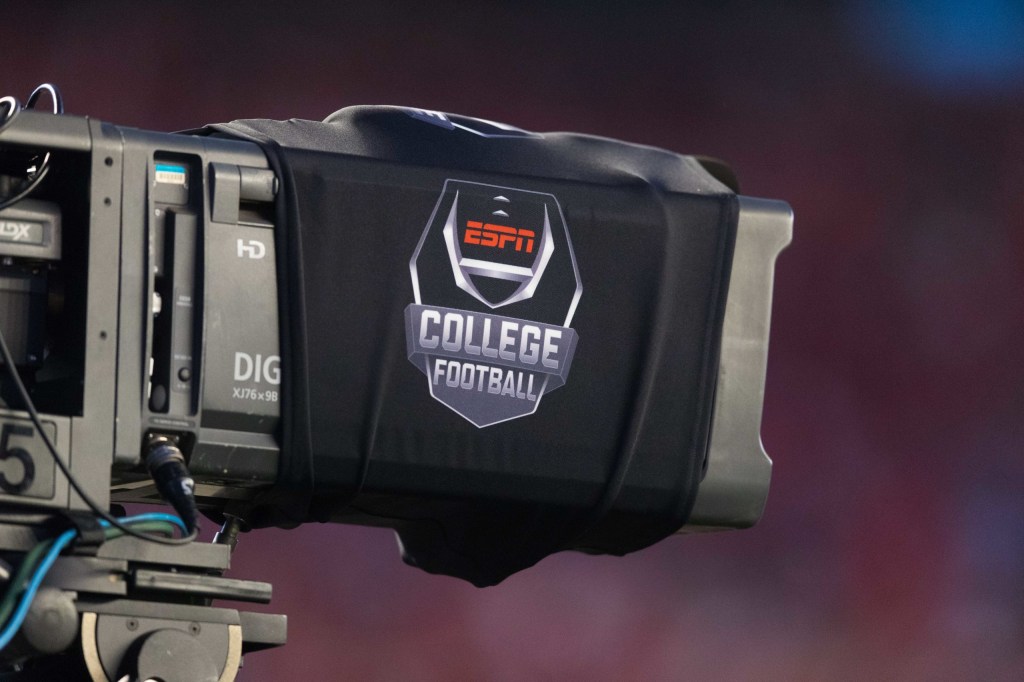
When two former Nike employees brought a class-action lawsuit against Nike for gender discrimination practices, they did more than just question the status quo of the sports apparel giant. They started an even larger discussion about the state of women in the sports industry, and the fight for gender equality in the workplace.
The lawsuit, filed in the U.S. District Court of Oregon, claims that Nike “intentionally and willfully discriminated against [women] with respect to pay, promotions, and conditions of employment.”
“With class action, this isn’t about one woman and one manager,” said Laura Salerno Owens, the lead attorney on the case and a partner at Markowitz Herbold. “It’s about a company-wide practice and a culture that fundamentally needs improvement.”
[mc4wp_form id=”8260″]
“They are very talented women, and really, the long-term impact is devastating,” she added. “It’s really insidious when fitting in means putting up with harassment and discrimination.”
Sports have the power to bring people together, but Salerno Owens said the “boys’ club” culture in the sports industry makes it hard for women to thrive.
“I think it’s one of the things that makes it so disappointing,” said Salerno Owens. “Sports are supposed to be the ultimate level playing field. If you’re skilled and work hard and play hard and you’re good, you’re going to get playing time. In the sports context, all this is about is an equal playing field — an equal opportunity to perform.”
Beyond the impact on the women themselves, experts throughout the sports and business industry have spoken up on the lawsuit’s potential consequences for Nike as a brand.
“Given that Nike is so public and wants to expand its brand among women, this situation cannot be good for the reputation,” said Mark Conrad, an associate professor and director of sports business at Fordham University’s Gabelli School of Business. “They’re trying to cater to a younger demographic, a female demographic, and they try to pride themselves with an ethical culture. [The lawsuit] could be quite harmful in the short run.”
Denise Lee Yohn, a brand leadership expert, discussed the topic in an even broader sense, delving into the importance of having a positive workplace environment that reflects organizational values.
As a recent guest on Retail Dive’s Conversational Commerce podcast, which looks into retail news and trends, Lee Yohn explained how a sound culture can be beneficial to companies’ overall success.
“If you want to stand out as a brand; if you want to deliver customer experiences that bring your brand, attributes and values to life; if you want to achieve the specific business results that you’re looking for and address the unique challenges that you as a business and organization have — then you need to have a culture that is unique and that really embodies the uniqueness of what you stand for,” she said to podcast host Corinne Ruff. “That, really, is your brand.”
SEE MORE: Former Louisville Players Take On NCAA in New Lawsuit
“Your culture and your brand need to be mutually reinforcing and tightly integrated and aligned,” Lee Yohn added. “Without that, you’re not going to have a competitive advantage and the brand value that you need to succeed.”
By bringing to light the discriminatory culture at Nike, the plaintiffs have opened up the conversation about workplace culture that Lee Yohn alluded to. Nike has already made moves towards bettering the organization, including the implementation of a workplace culture review and the firing of a number of executives this year.
After an internal pay review, the company announced last month that it would be adjusting the salaries of more than 7,000 employees.
Interestingly enough, the lawsuit comes at a time during which Nike has rolled out a number of progressive campaigns, including the announcement of Colin Kaepernick as the face of the 30th-anniversary celebration of the “Just Do It” slogan.
The company has also heavily featured Serena Williams in recent ads, emphasizing her strength as a woman and her drive to overcome adversity. The inspirational, inclusive campaigns stand in stark contrast to the discrimination allegations, but they may be a sign of Nike’s increased commitment to equality in the wake of the lawsuit.
[mc4wp_form id=”8260″]
Despite the changes at Nike, Salerno Owens stressed the importance of continuous effort when it comes to addressing toxic professional environments and creating a climate where women are valued and respected.
“The goal here is not to put Nike out of business, but to continue to be better for both men and women,” concluded Salerno Owens. “It’s hard to predict when you’re going to have that break-through moment and see that glass ceiling shatter, but it’s never going to shatter if you don’t keep tapping at it.”


![[Subscription Customers Only] Jun 15, 2025; Seattle, Washington, USA; Botafogo owner John Textor inside the stadium before the match during a group stage match of the 2025 FIFA Club World Cup at Lumen Field.](https://frontofficesports.com/wp-content/uploads/2026/02/USATSI_26465842_168416386_lowres-scaled.jpg?quality=100&w=1024)

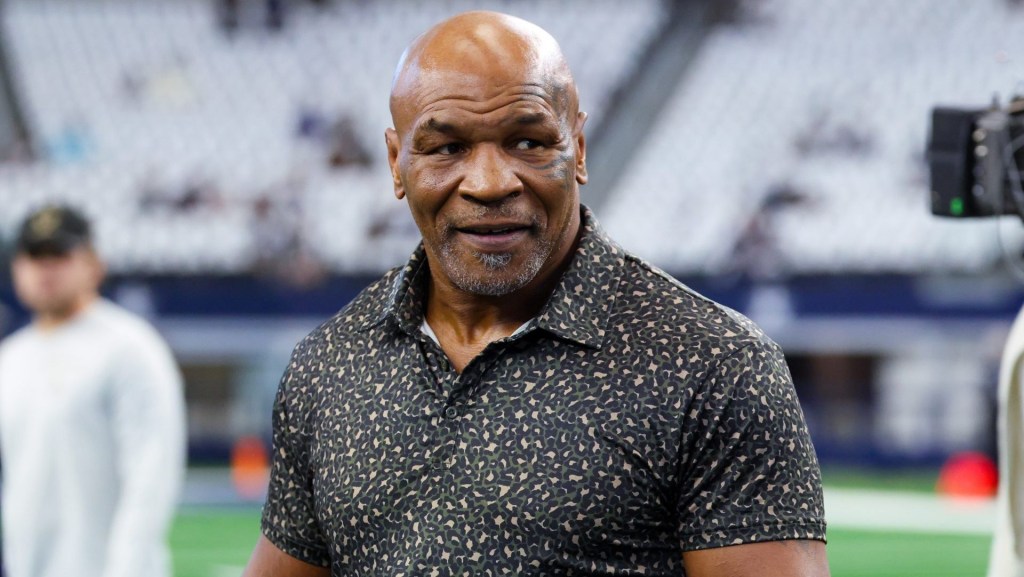
![[Subscription Customers Only] Jul 13, 2025; East Rutherford, New Jersey, USA; Chelsea FC midfielder Cole Palmer (10) celebrates winning the final of the 2025 FIFA Club World Cup at MetLife Stadium](https://frontofficesports.com/wp-content/uploads/2026/02/USATSI_26636703-scaled-e1770932227605.jpg?quality=100&w=1024)



